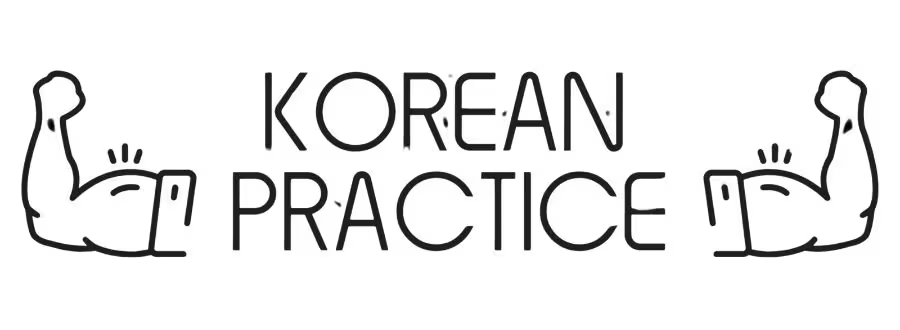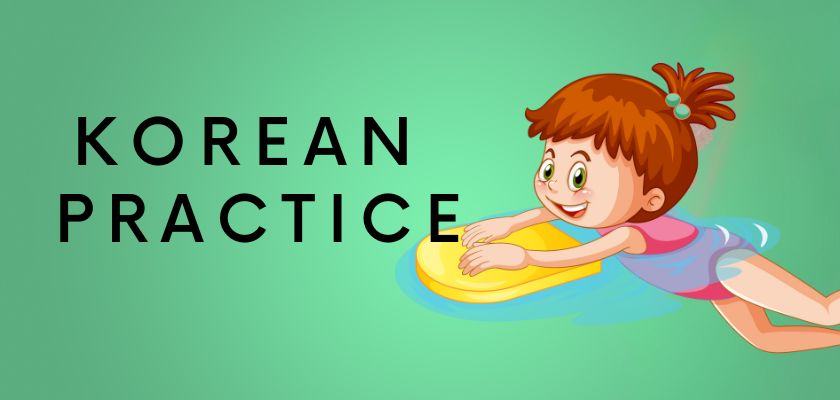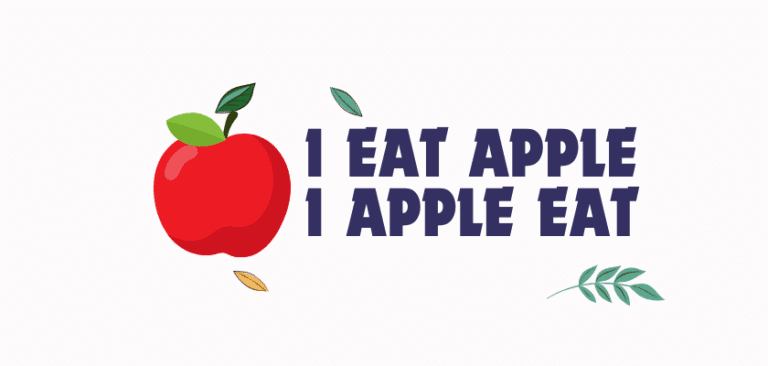When it comes to learning Korean, many people believe that it requires years of dedicated study before becoming proficient. But then you hear about someone who managed to speak conversational Korean after just three months, or another person who can watch K-dramas without subtitles after a year of study. What’s the secret behind their rapid progress? The answer, as with any language, often comes down to one crucial factor: Korean practice.
1. The Role of Korean Practice in Learning Korean
While it’s true that Korean has its own unique challenges, such as its writing system (Hangul), its levels of politeness, and Korean sentence structures that differ from English, the key to learning Korean fast is consistent exposure and immersion. Most people who master Korean quickly do not just study Korean grammar rules or memorize vocabulary—they immerse themselves in the Korean language and make it a part of their daily life. This constant exposure is what accelerates their learning and helps them internalize the Korean language much faster.
2. The Power of Immersion
For many of those who claim to speak Korean in a short period of time, immersion is the key. Immersion doesn’t just mean living in Korea (though that certainly helps); it can also involve surrounding yourself with Korean media. Watching K-dramas, listening to K-pop, or reading Korean stories—these all expose you to the natural flow of the language, the intonation, and the colloquial expressions that you won’t necessarily learn from textbooks.
Additionally, immersion forces you to practice speaking and listening regularly, even if it’s just picking up a few phrases here and there. If you’re continuously hearing Korean in various contexts, you’ll start to pick up the meaning of words and phrases without having to study them formally.

3. Ready to Boost Your Korean Skills with Korean Reading Practice Story?
If you’re looking to improve your Korean through real-life context, our Korean reading practice story courses are perfect for you! Each Korean course is designed around immersive stories that not only expose you to natural Korean but also include dedicated Korean practice sessions and Korean quizzes to reinforce your learning.
What makes our Korean reading practice story courses different?
- Engaging Korean Stories: Learn Korean through fun and relatable stories that will keep you hooked.
- Korean Practice Sessions: Strengthen your skills with targeted Korean practice sessions after each story.
- Interactive Korean Quizzes: Test your knowledge and track your progress.
- Easy-to-Follow: Our Korean reading practice storycourses are explained in simple terms, so you don’t need to worry about Korean grammar knowledge—just jump right in and start learning!
Whether you’re a beginner or just looking for a new way to practice, our Korean reading practice story are designed to make your Korean learning journey as enjoyable and effective as possible. Dive into the world of Korean stories and start practicing today!
[Explore the courses here] Go to Korean Courses
4. Daily Korean Practice vs. Sporadic Study
Another important aspect of rapid language acquisition is consistent daily Korean practice. Instead of doing long study sessions once or twice a week, successful learners engage with the Korean language every day—even if it’s for a short amount of time. This helps keep the Korean language fresh in their mind, enabling them to recall words and phrases more quickly. Regular Korean practice allows Korean learners to build muscle memory for certain sentence patterns, much like learning to play an instrument. Over time, this makes speaking and understanding Korean feel more natural.
5. Speaking Korean from Day One
One of the main challenges for Korean language learners is fear—fear of making mistakes, fear of sounding awkward, or fear of not being understood. However, the learners who progress quickly are often those who speak the Korean language from day one. Even if they don’t know much, they make an effort to engage in conversation, whether with a tutor, a language exchange partner, or even with themselves. The more you speak, the more confident you become, and the faster you improve.
6. The Role of Motivation
While practice is essential, motivation is what keeps people going. Many who learn Korean quickly are deeply motivated by a passion for the language or its culture. Whether it’s a love for K-pop, K-dramas, or an interest in Korean history, these motivations provide the drive to keep practicing and learning. Passionate learners don’t see Korean practice as a chore—they see it as a fun and rewarding activity that brings them closer to their goals.
Conclusion: Consistency is Key
In conclusion, while learning Korean may seem like a long and difficult process for many, it’s not as daunting if you focus on the right approach. Korean practice, particularly through immersion and daily usage, is the most effective way to rapidly improve your skills. So, instead of waiting for years to become fluent, consider incorporating Korean into your daily routine in small but consistent ways. The more you practice, the faster you’ll find yourself speaking and understanding Korean, just like the many others who’ve mastered the Korean language in a short period of time.







